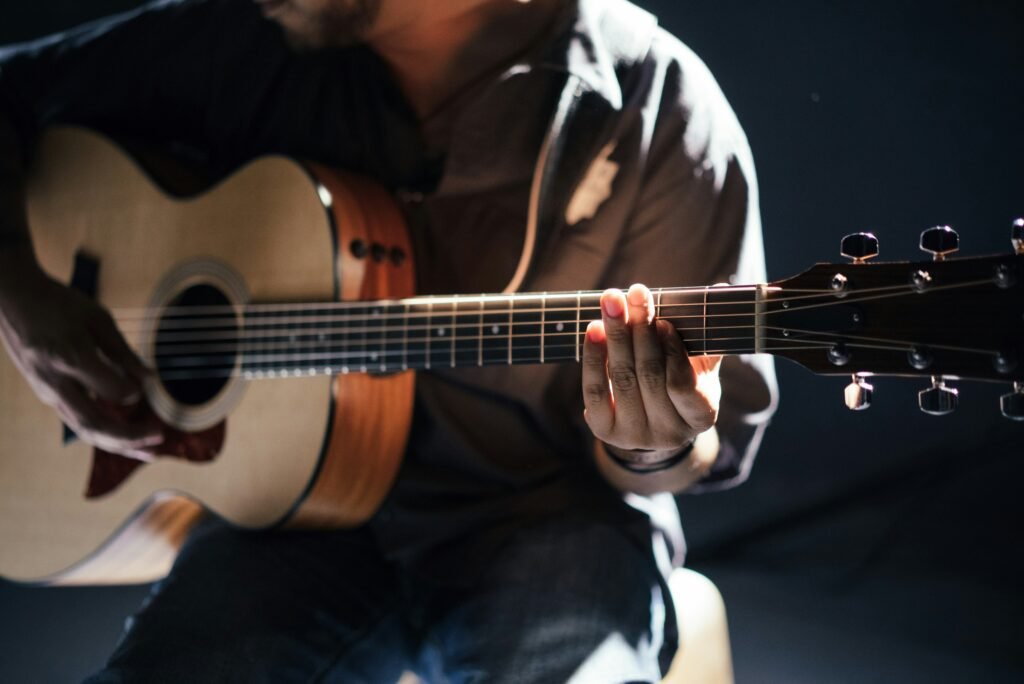
The Joy of DIY Music Equipment
The world of DIY music equipment offers a unique opportunity for hobbyists and tinkerers who are passionate about sound and technology. The motivation behind creating one’s own music gear often stems from a desire for customization, learning, and self-expression. For many individuals, the process of building or modifying music equipment transforms into a fulfilling journey, where creativity meets technical proficiency.
One significant allure of DIY projects is the ability to tailor equipment to personal preferences. Rather than relying on mass-produced devices, music enthusiasts can design gear that resonates with their specific sound. This customization often leads to gear that reflects unique artistic inclinations, be it a guitar effects pedal that perfectly matches a player’s tonal requirements or a synthesizer that introduces innovative soundscapes. Each project presents an opportunity to infuse personal style and taste into the final product.
Moreover, engaging in DIY music projects is an educational experience. As hobbyists navigate through electronics, they not only hone their technical skills but also deepen their understanding of sound engineering principles. This hands-on approach promotes experimentation, encouraging individuals to explore different configurations and setups. The process can also result in the discovery of new techniques and approaches that can be applied in other creative areas.
Another enriching aspect of the DIY community is the camaraderie found among fellow enthusiasts. Online forums, social media groups, and local meetups create spaces for sharing ideas, troubleshooting issues, and showcasing completed projects. This sense of community can be extremely motivating, allowing hobbyists to connect with like-minded individuals who share a passion for building and modifying music gear. With numerous resources available, it’s easier than ever for anyone to embark on a DIY music project, turning their musical visions into reality.
Getting Started: Tools and Resources for Your DIY Music Journey
Embarking on a DIY music gear project can be both exhilarating and challenging, requiring a solid set of tools and resources. To begin your journey into creating custom audio equipment, consider investing in some essential tools. A soldering iron is paramount, as it allows you to securely attach components on printed circuit boards, maintaining the integrity of your circuit. A good quality multimeter is indispensable for measuring voltage, current, and resistance, ensuring that your projects function effectively and safely. Additionally, breadboards are useful for prototyping and testing circuits without the need for soldering, providing a flexible way to experiment with designs.
When it comes to materials, many DIY enthusiasts favor certain components that are essential for building effects pedals or synthesizers. Resistors, capacitors, and integrated circuits are fundamental parts you will often encounter. Furthermore, sourcing high-quality enclosures for your projects not only protects the electronics but also provides an aesthetically pleasing finish. Many hobbyists also explore using electronic kits, which can simplify the initial learning curve and offer a hands-on approach to understanding the various components.
Your journey into the realm of DIY music gear will be greatly enhanced by engaging in the vibrant online communities dedicated to this pursuit. Websites like DIYstompboxes and forums such as Electro-Music serve as invaluable resources where you can find tutorials, schematics, and expert advice tailored for beginners. Online video platforms abound with practical guides that illustrate key concepts and techniques in an easily digestible format. However, as you explore these resources, it is crucial to prioritize safety; understanding the proper techniques and handling electronic devices with care will protect both you and your projects. By acquiring the right tools and connecting with the community, you will be well-prepared to embark on your DIY music gear journey.
